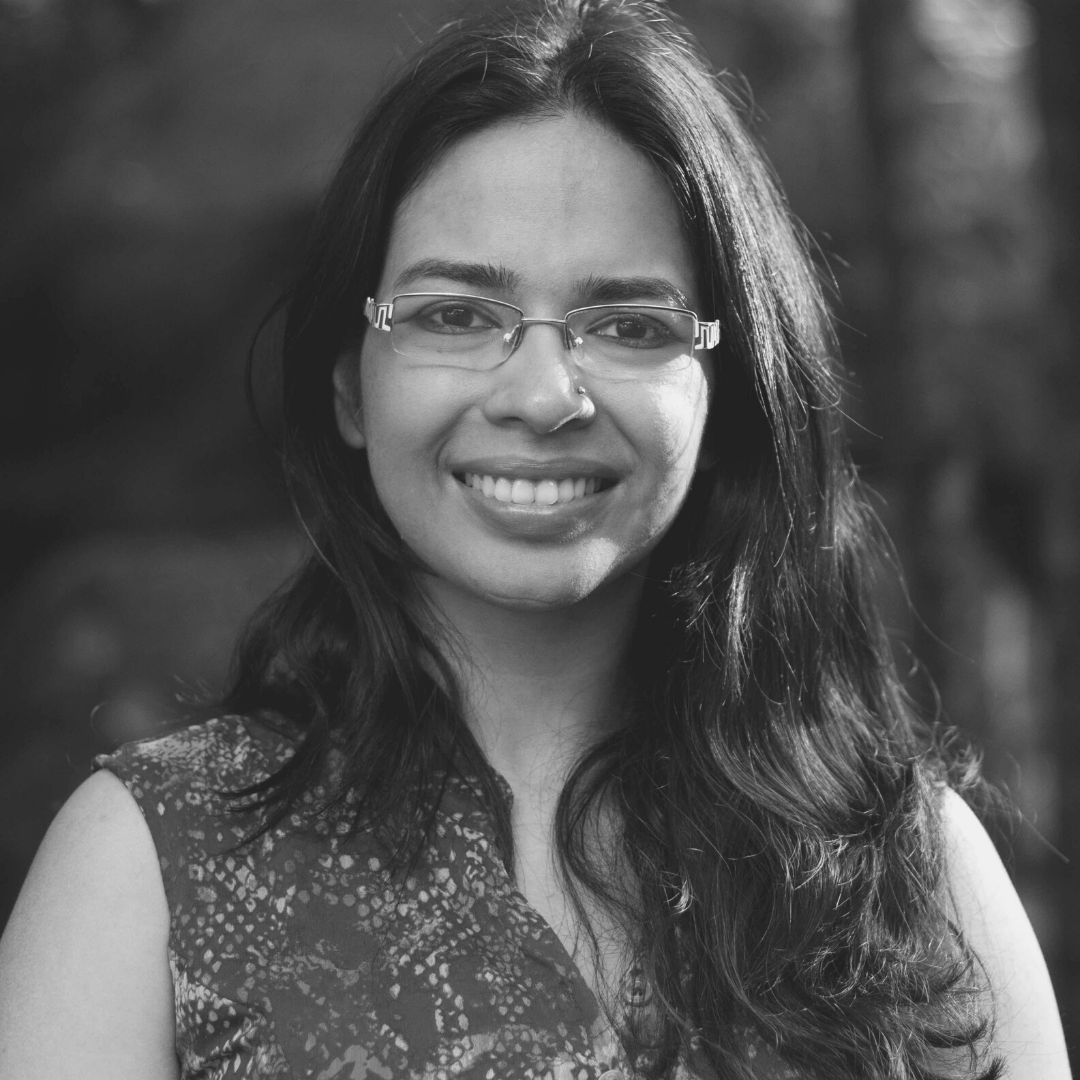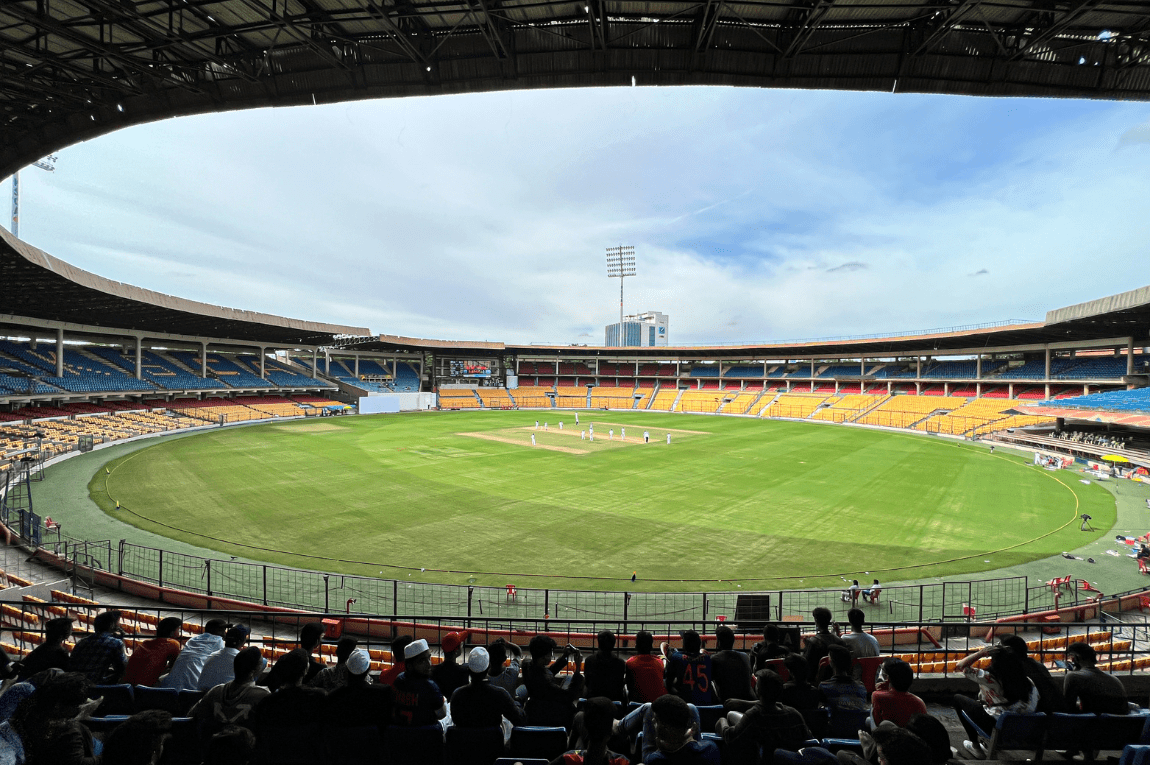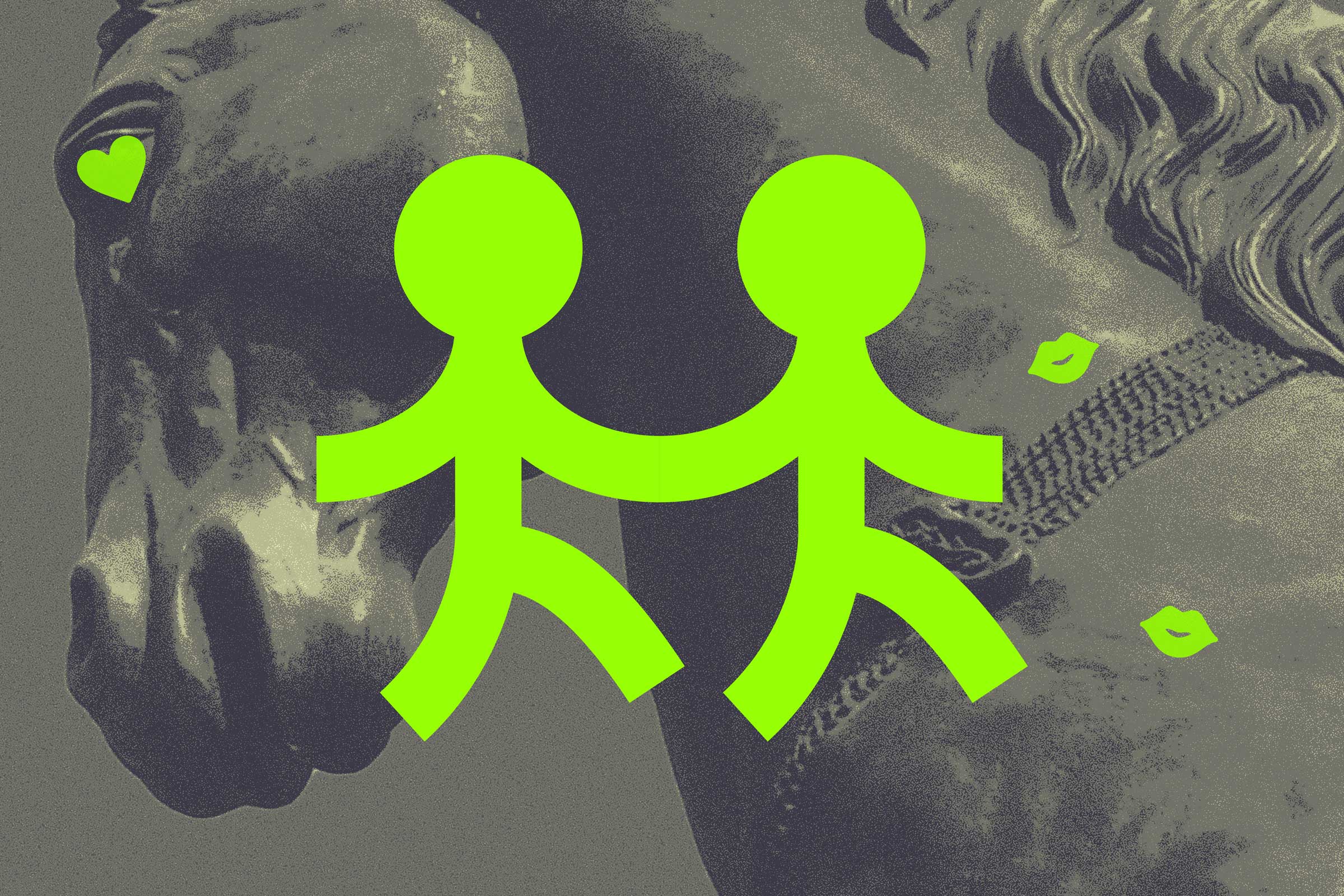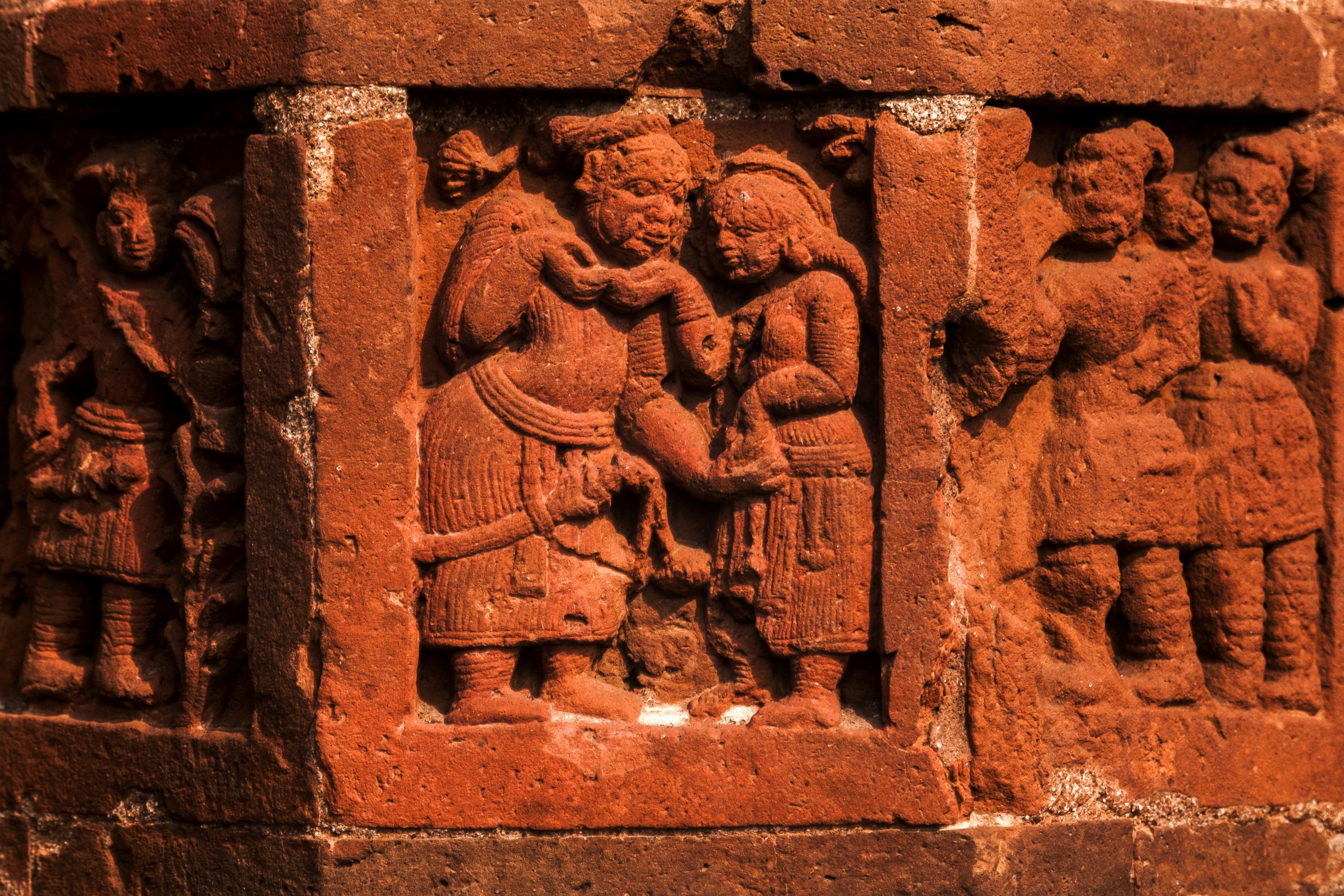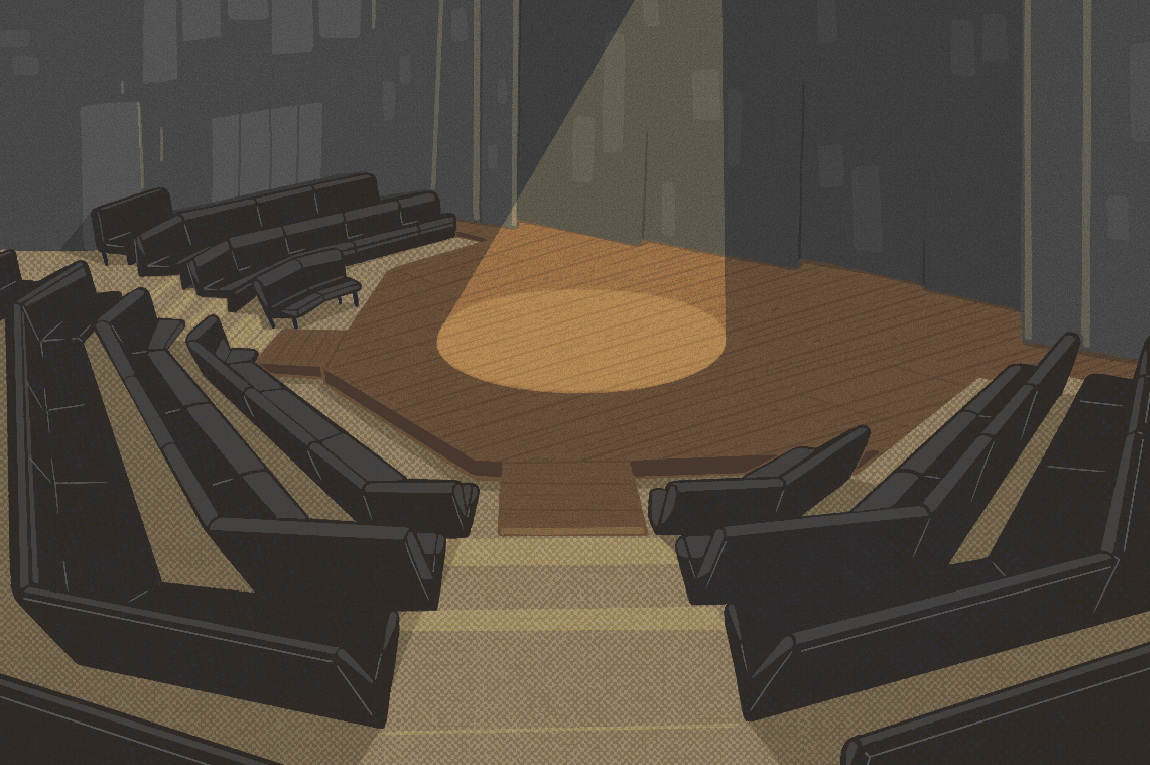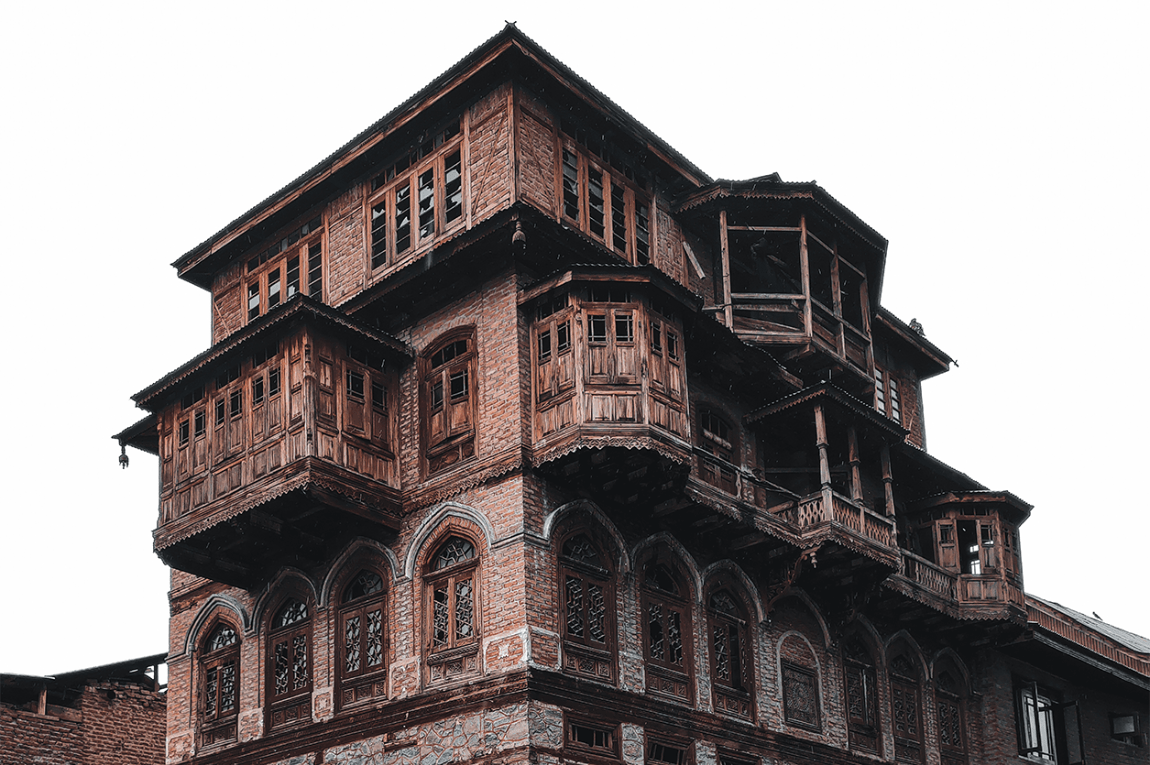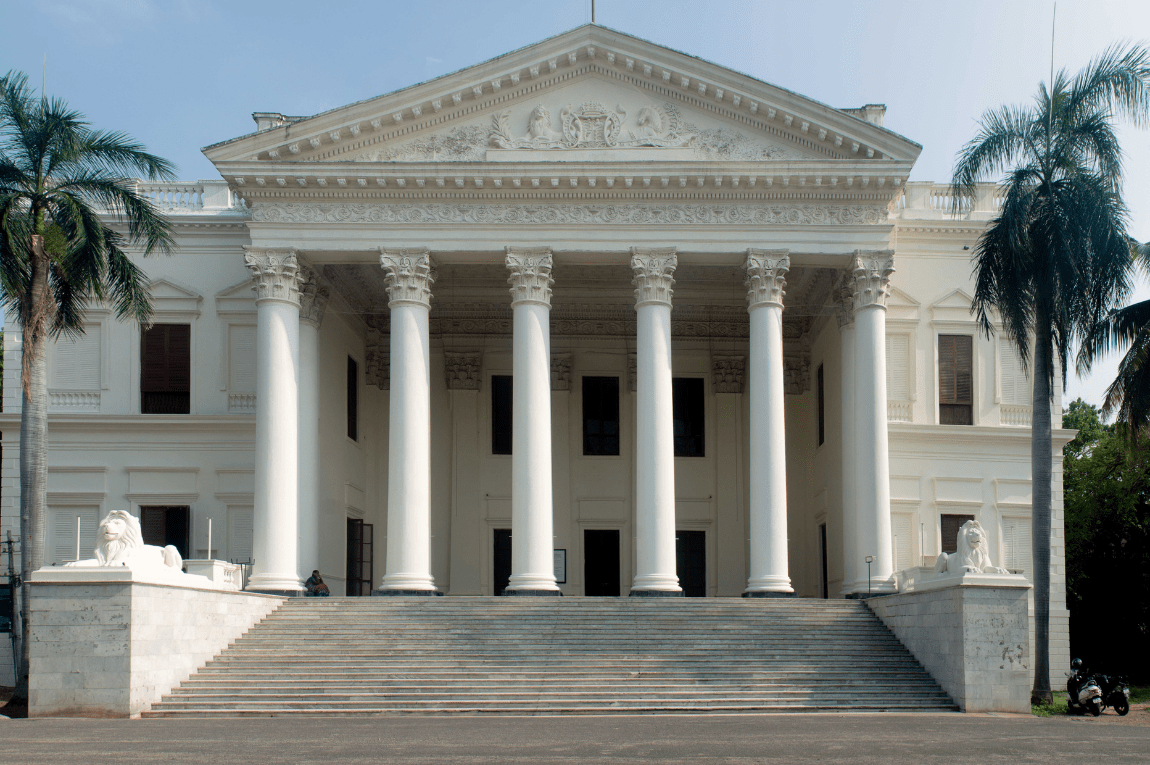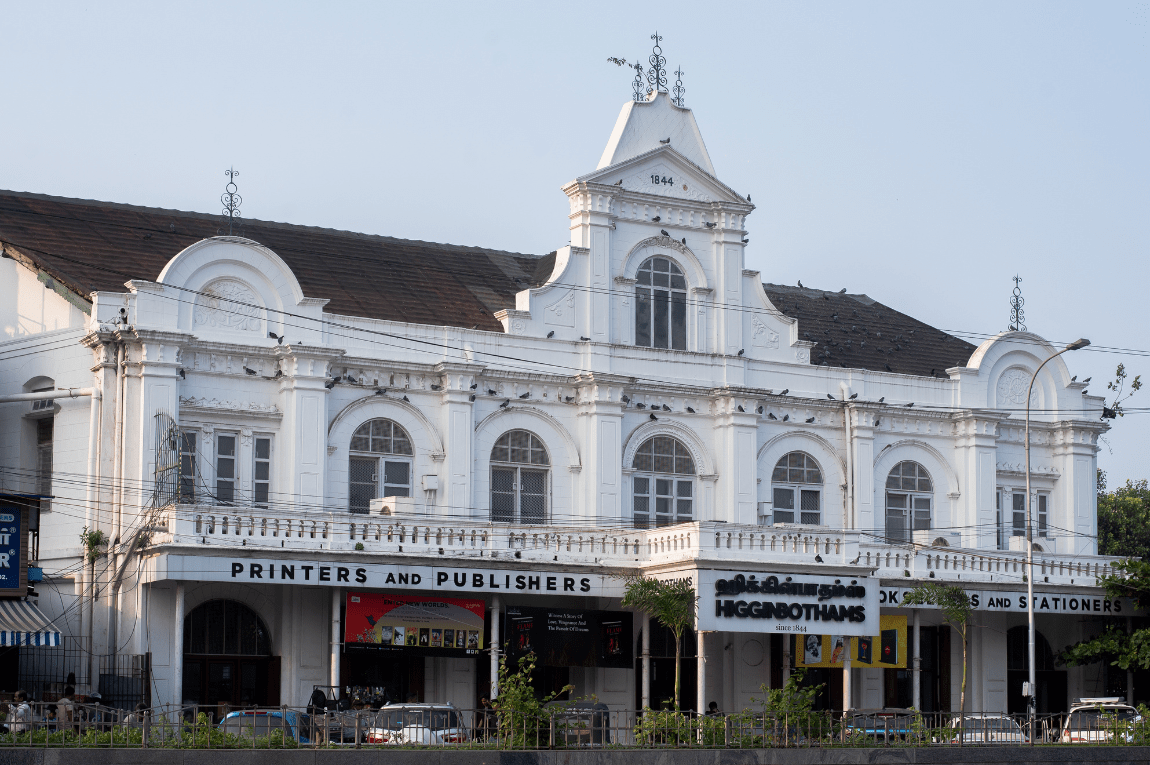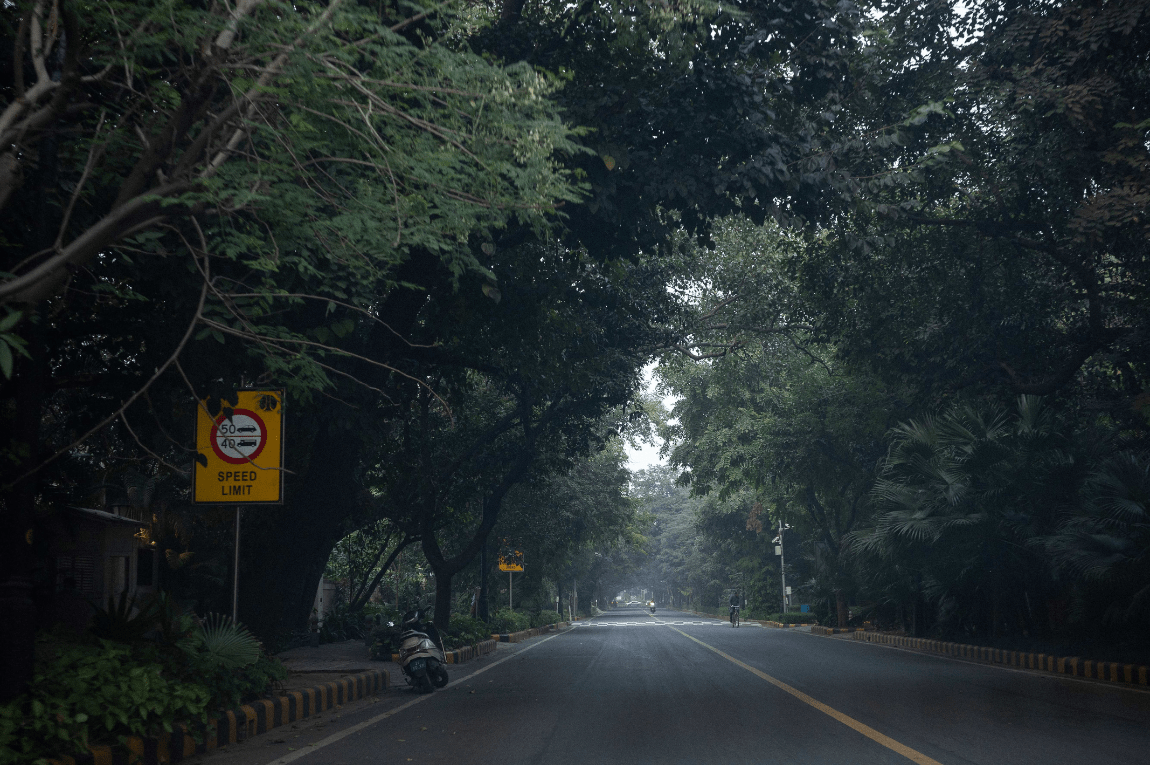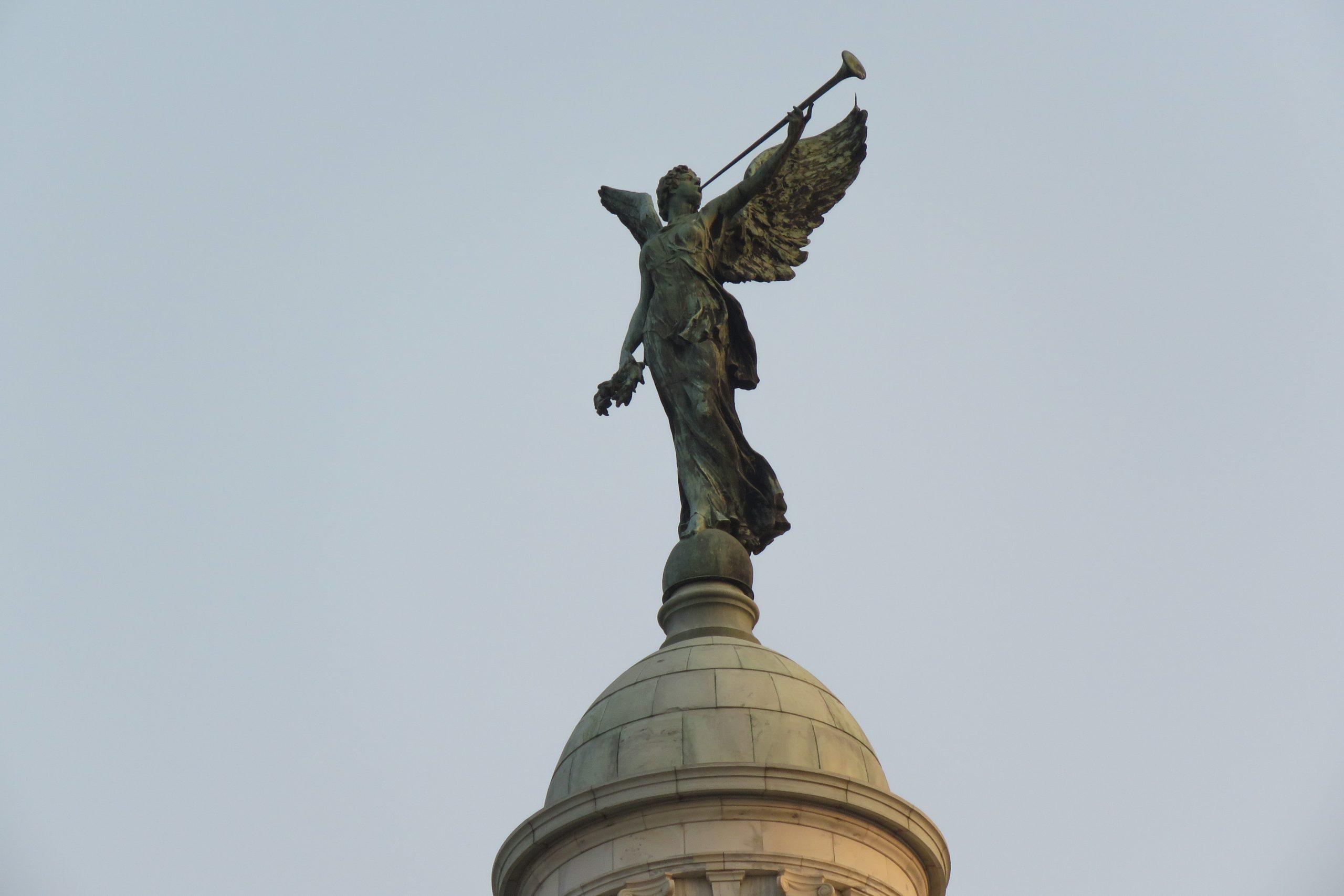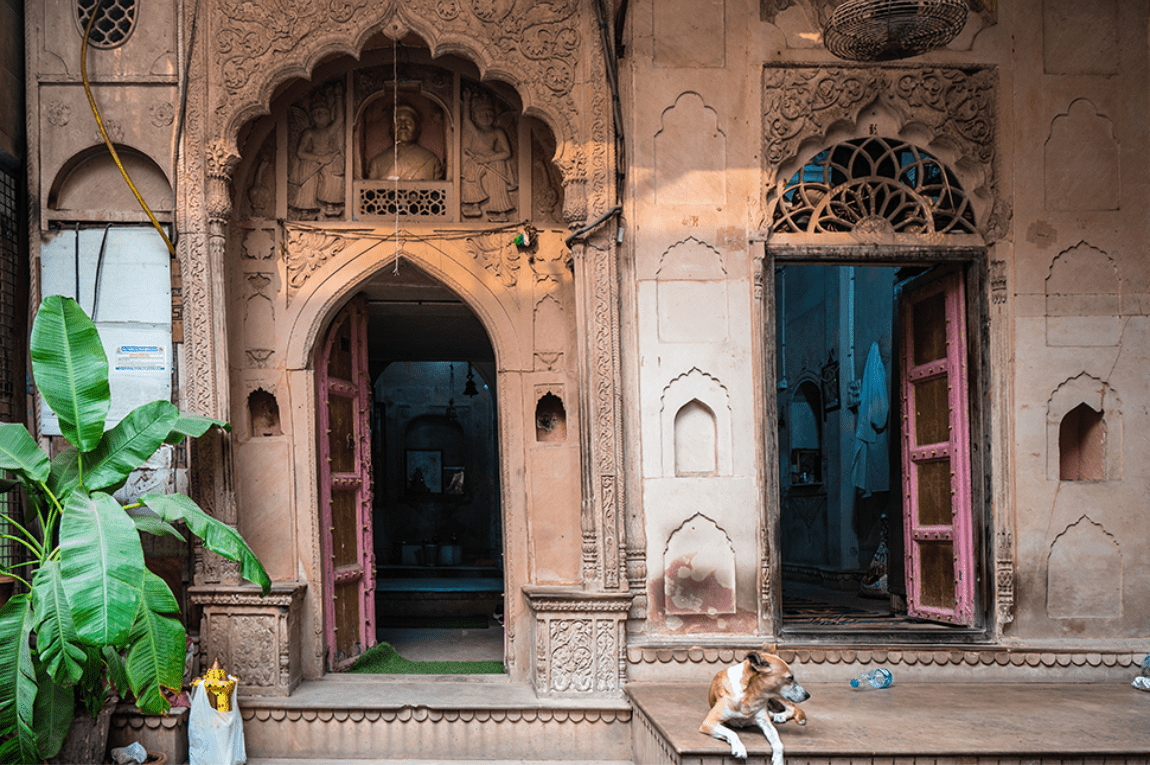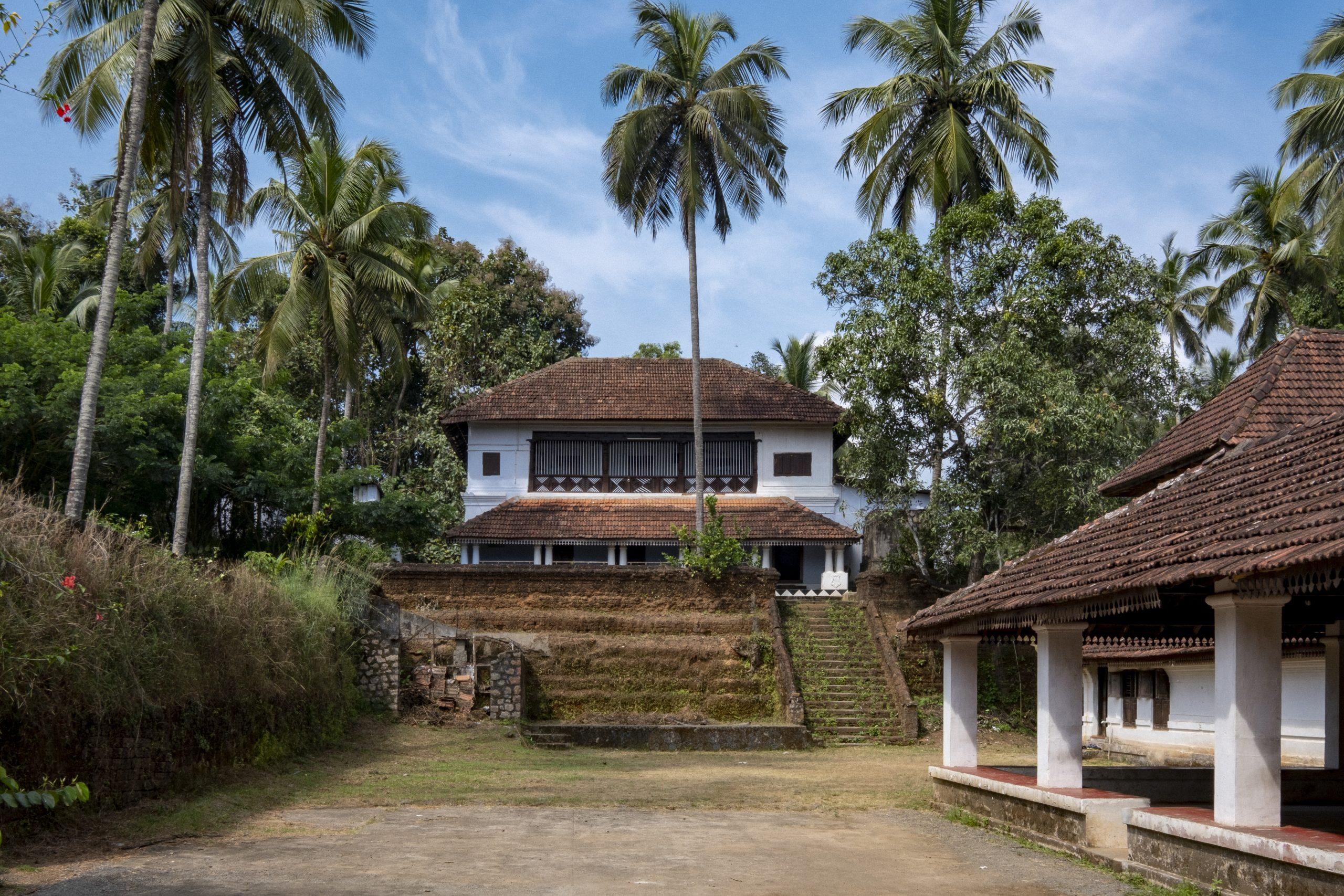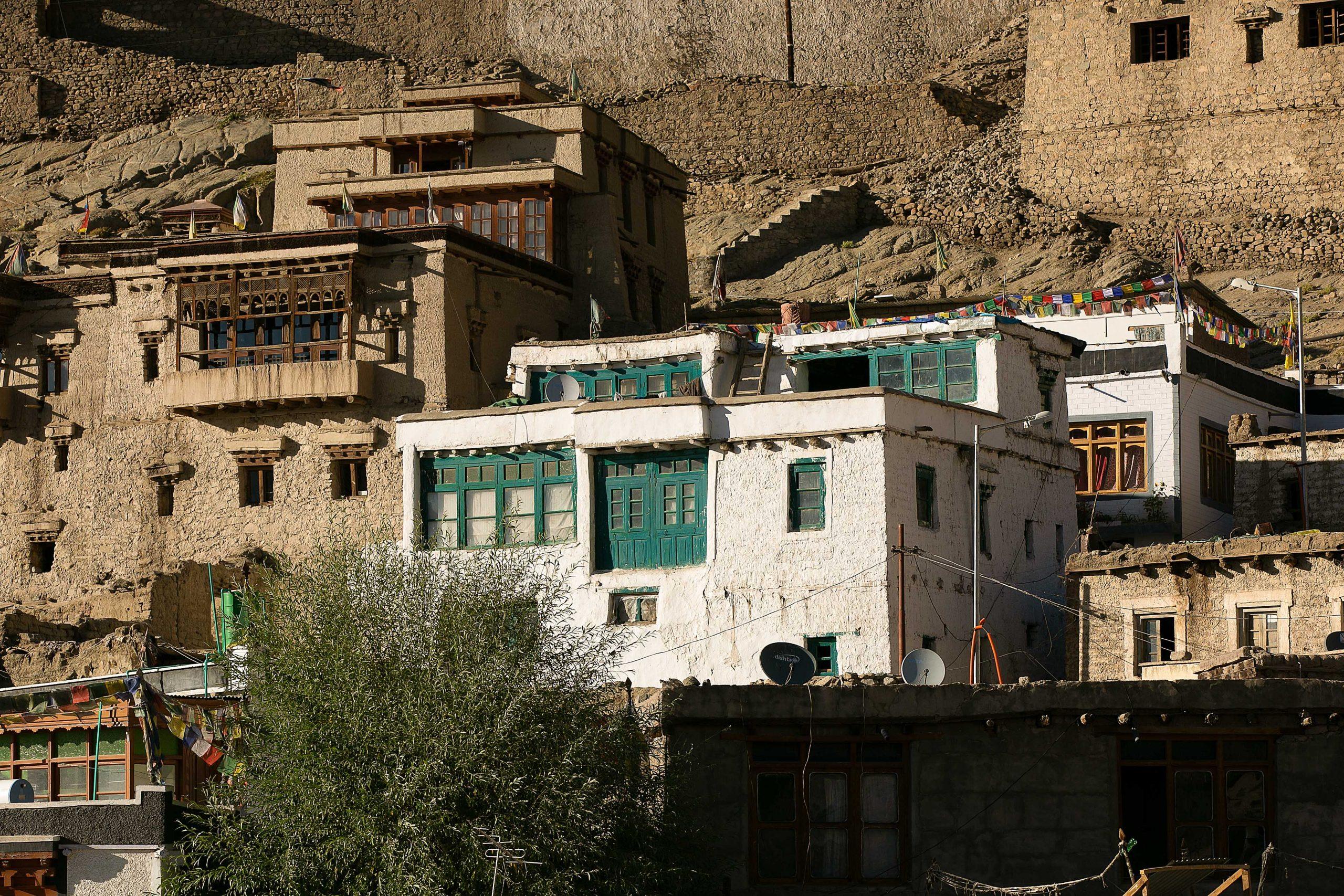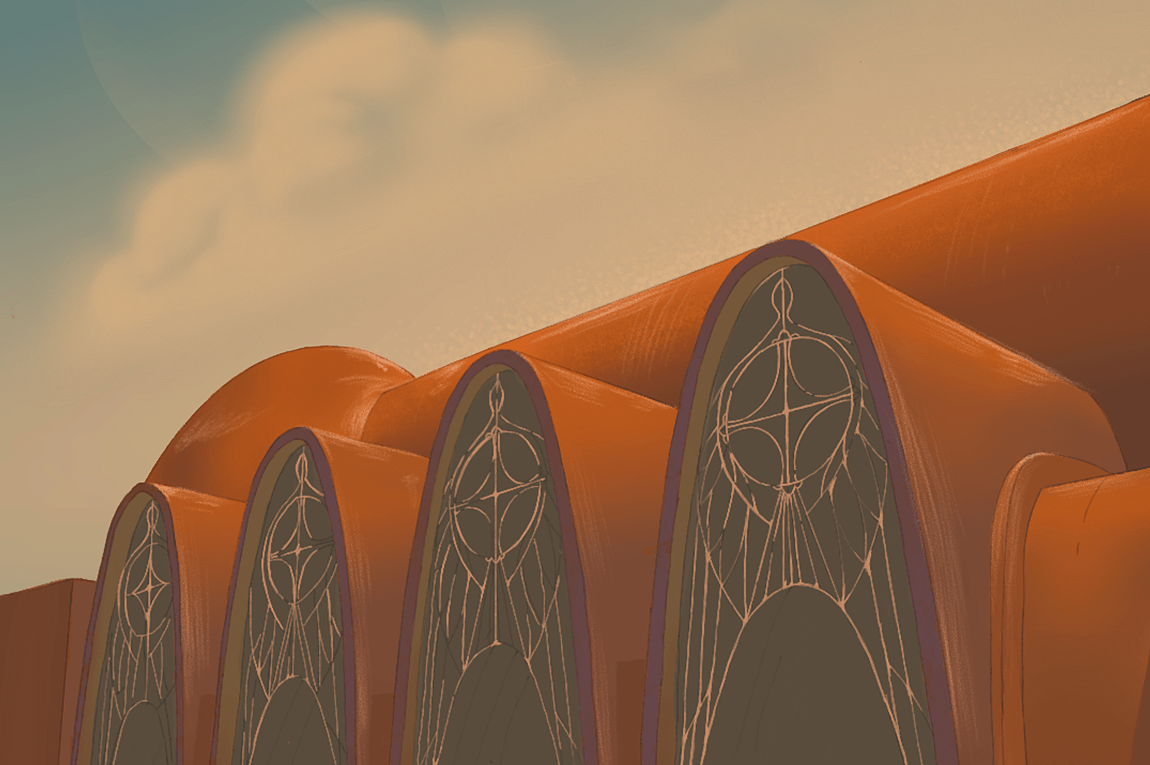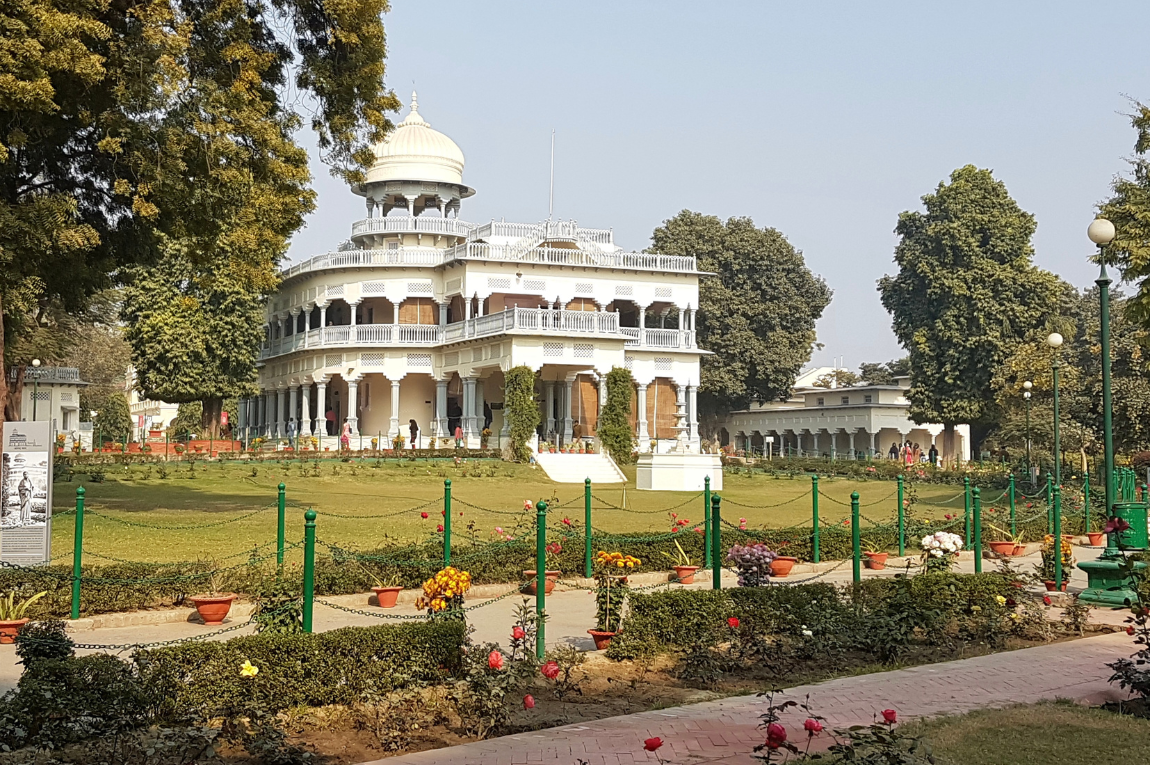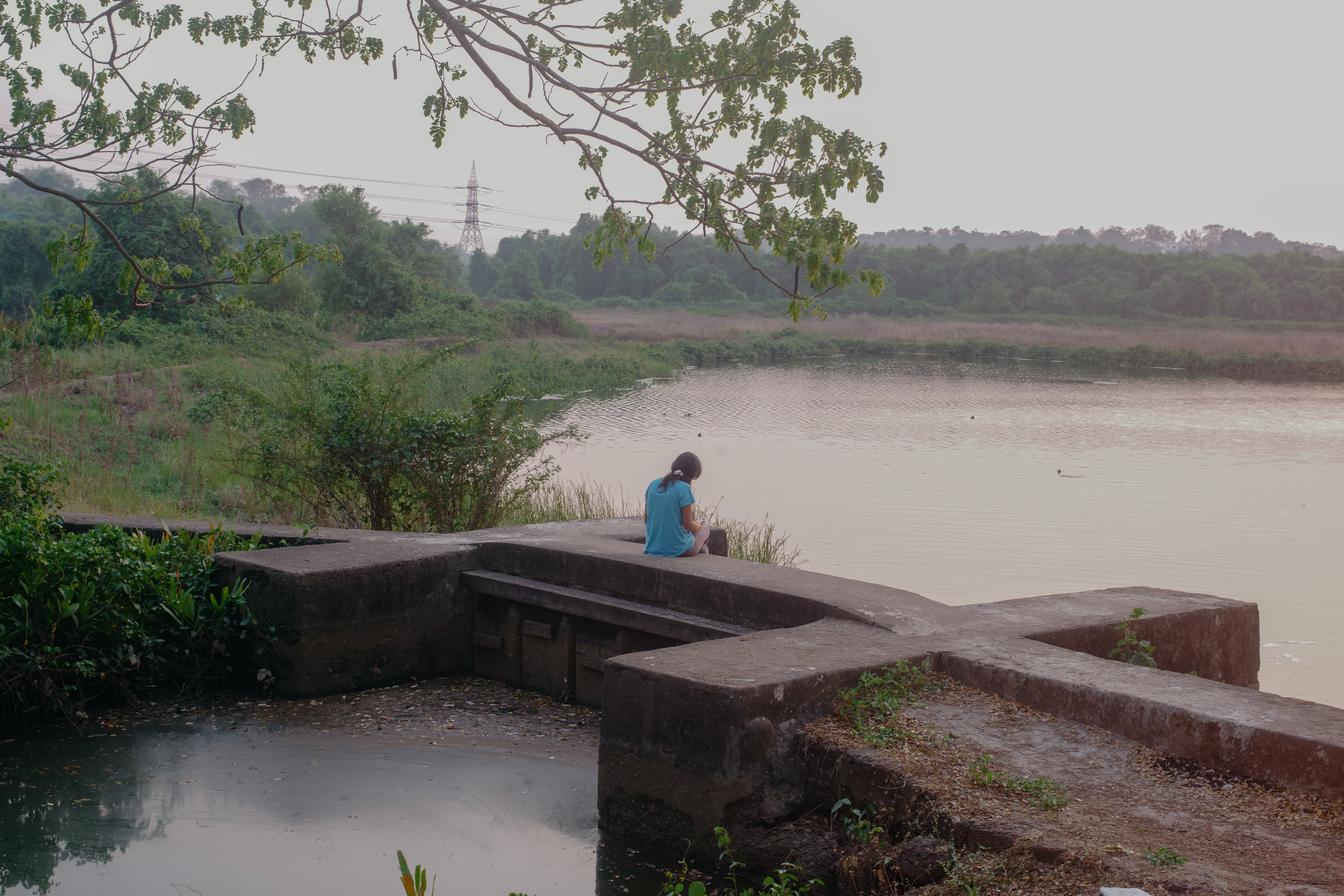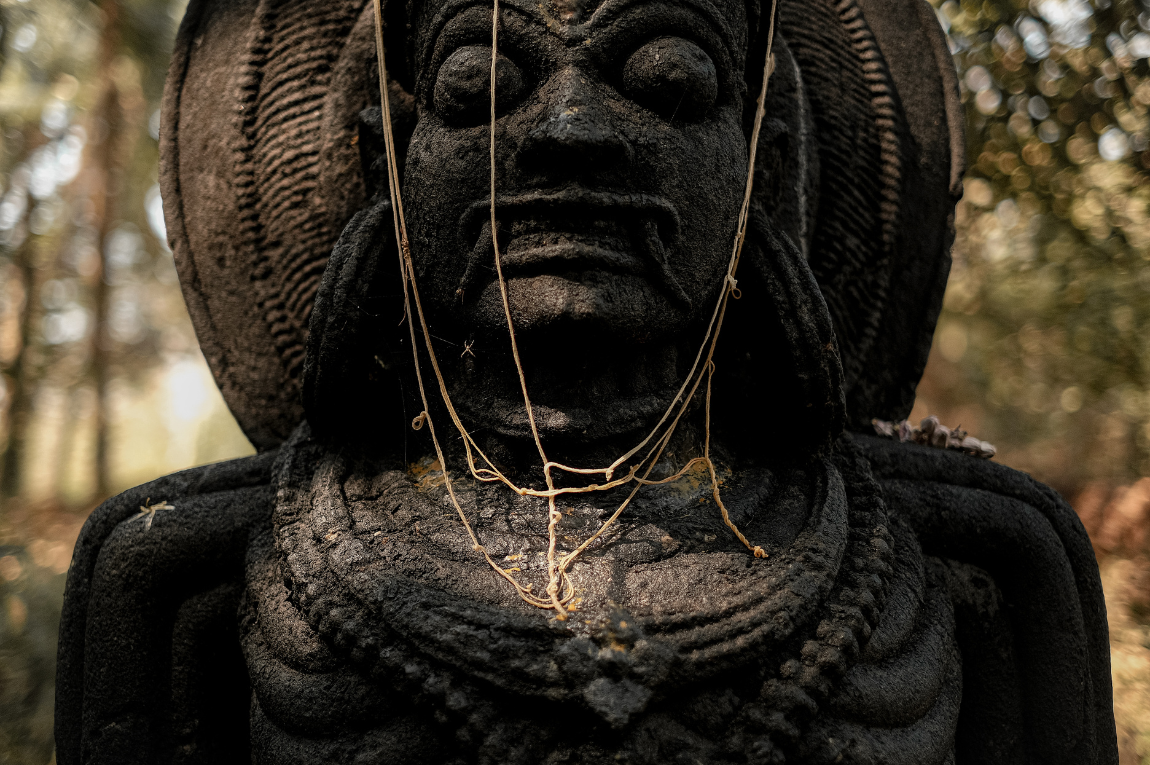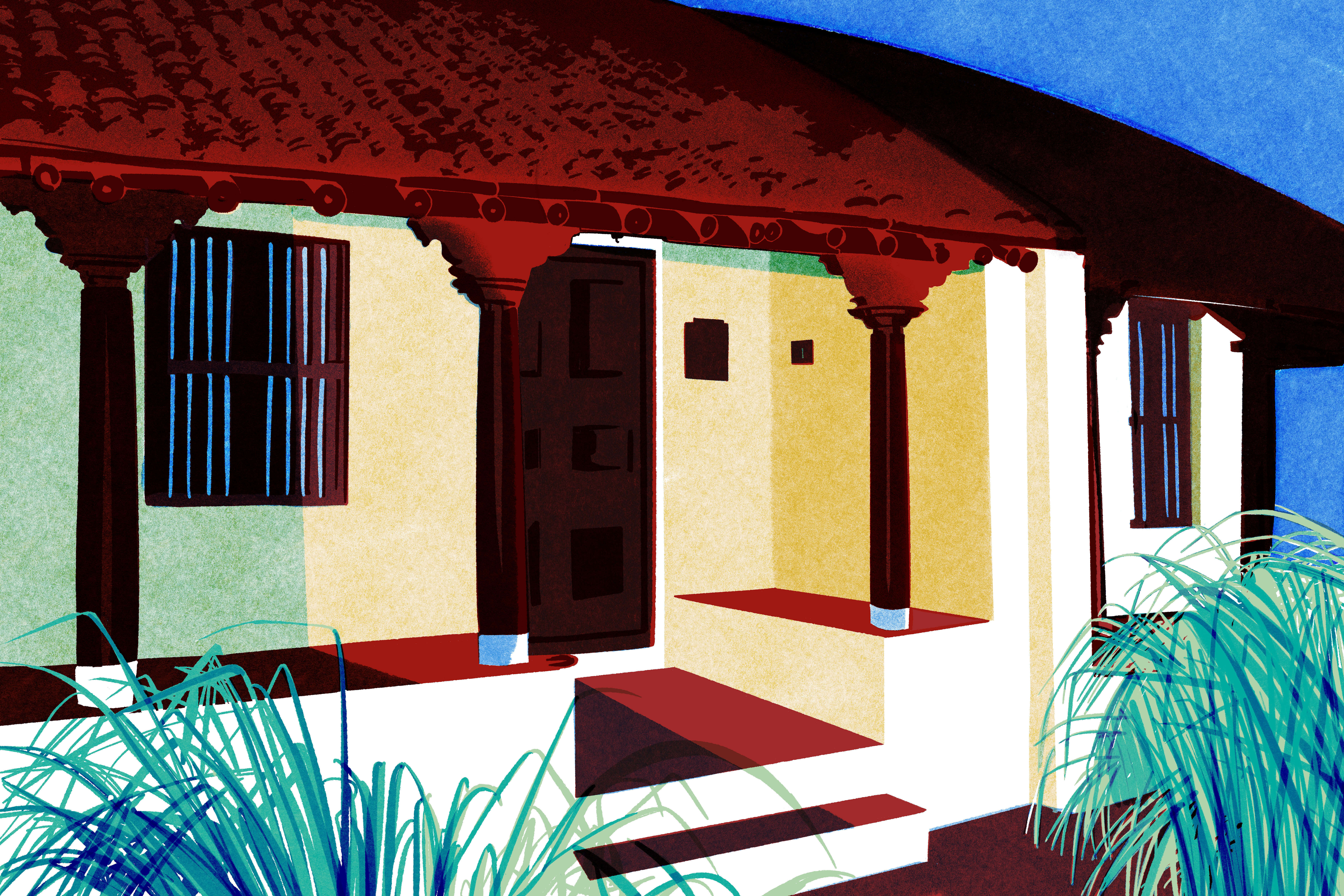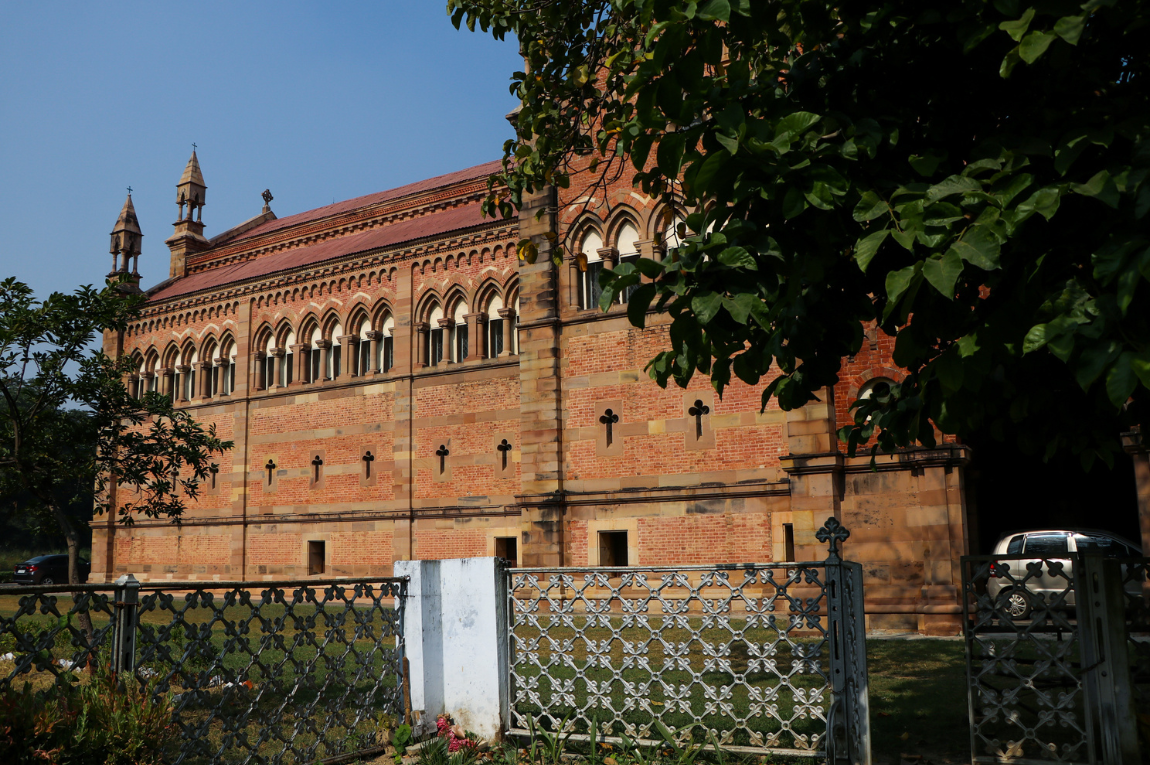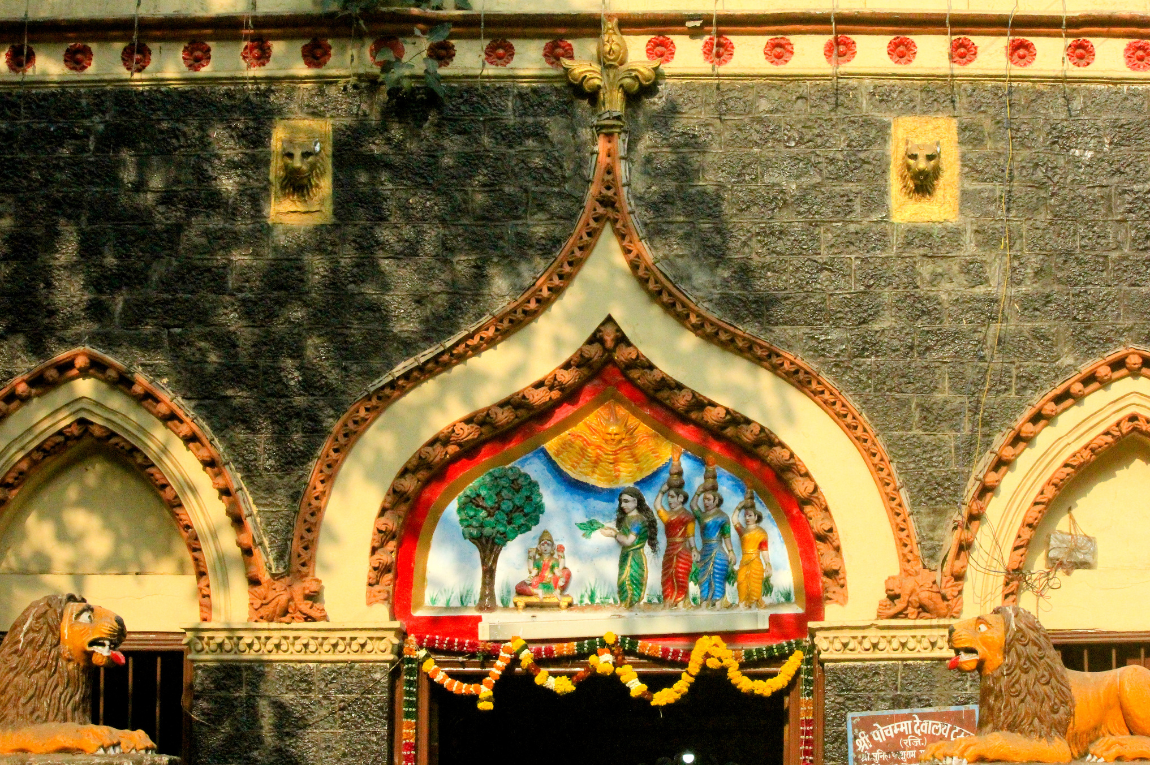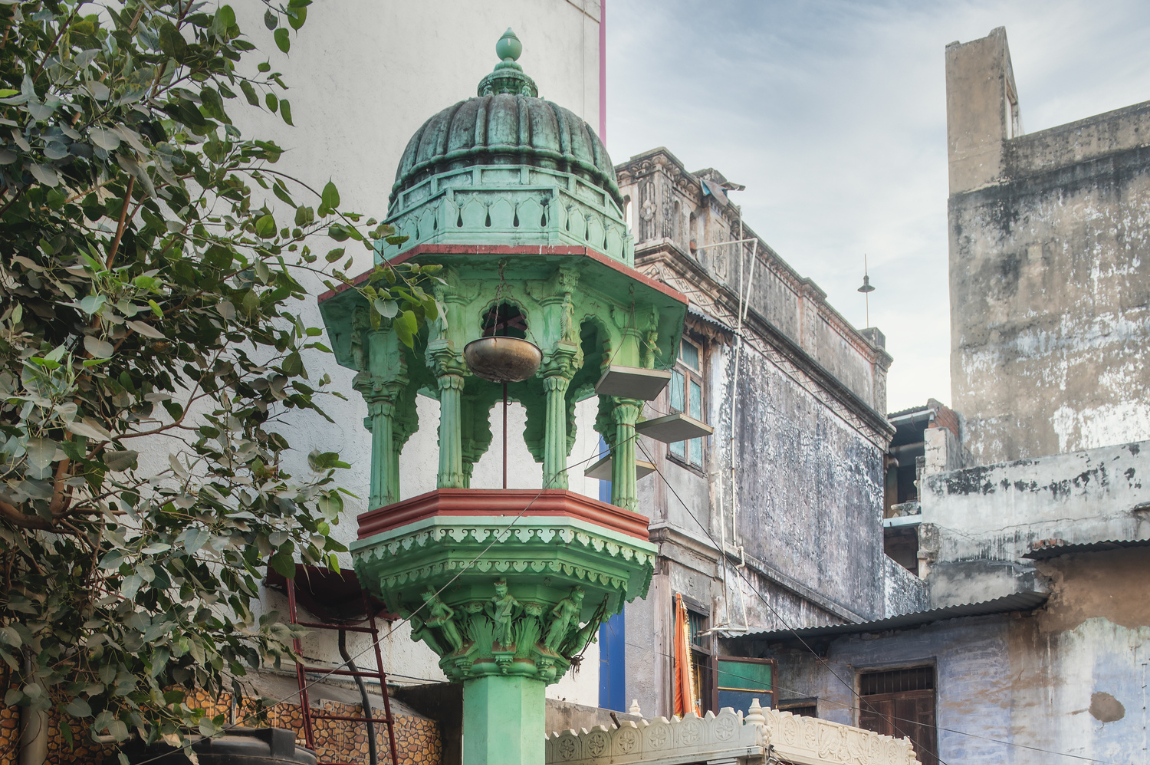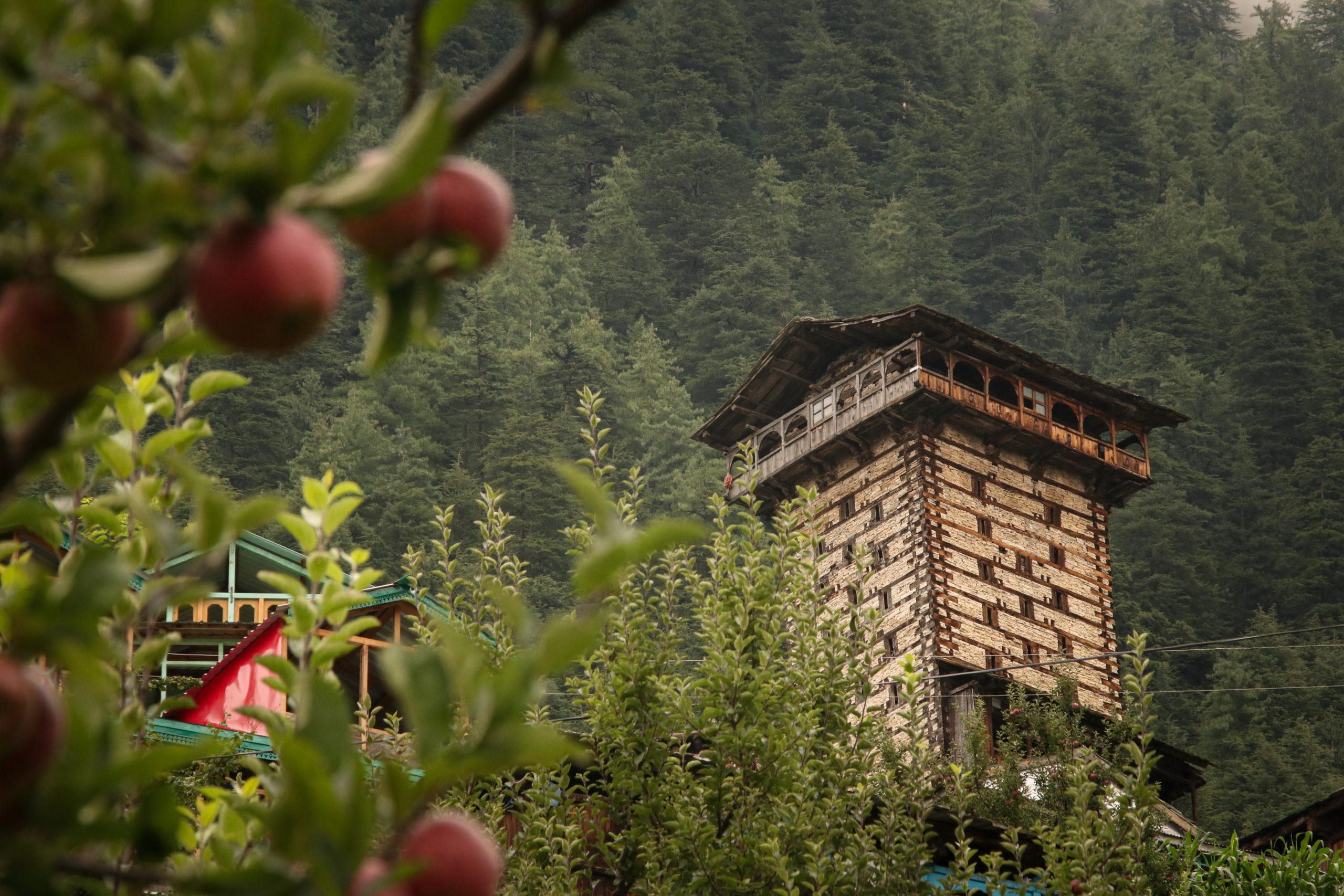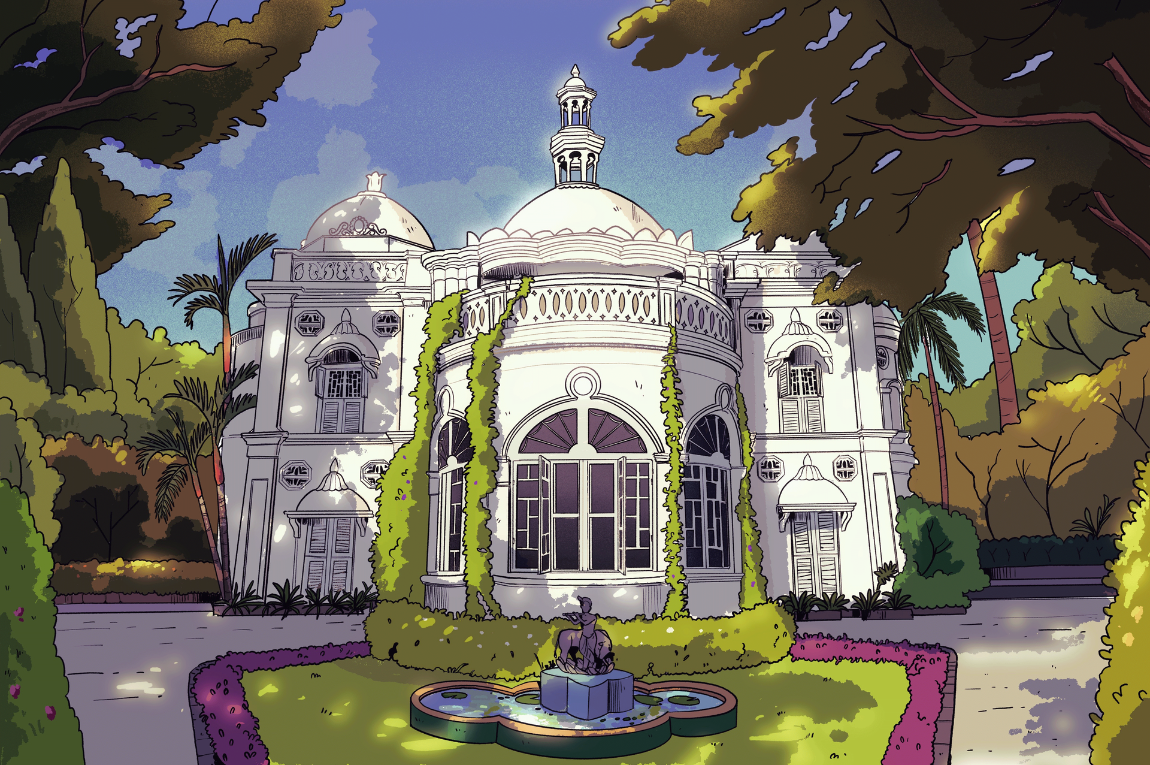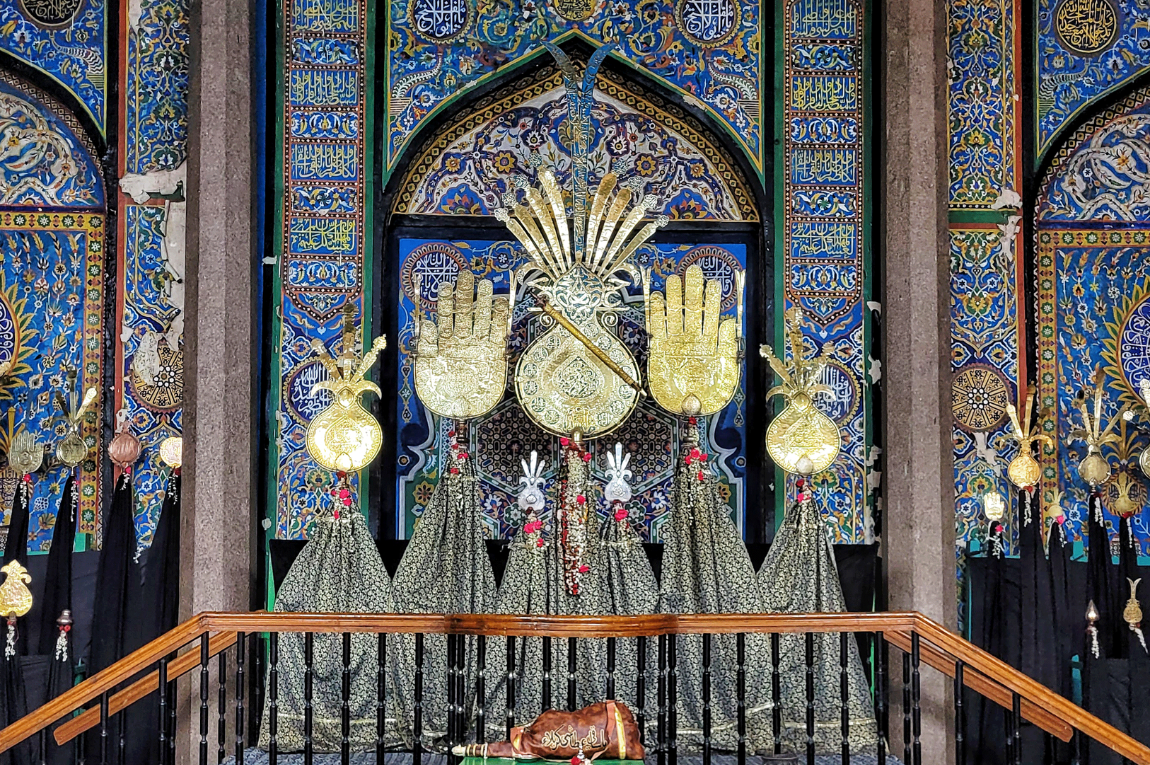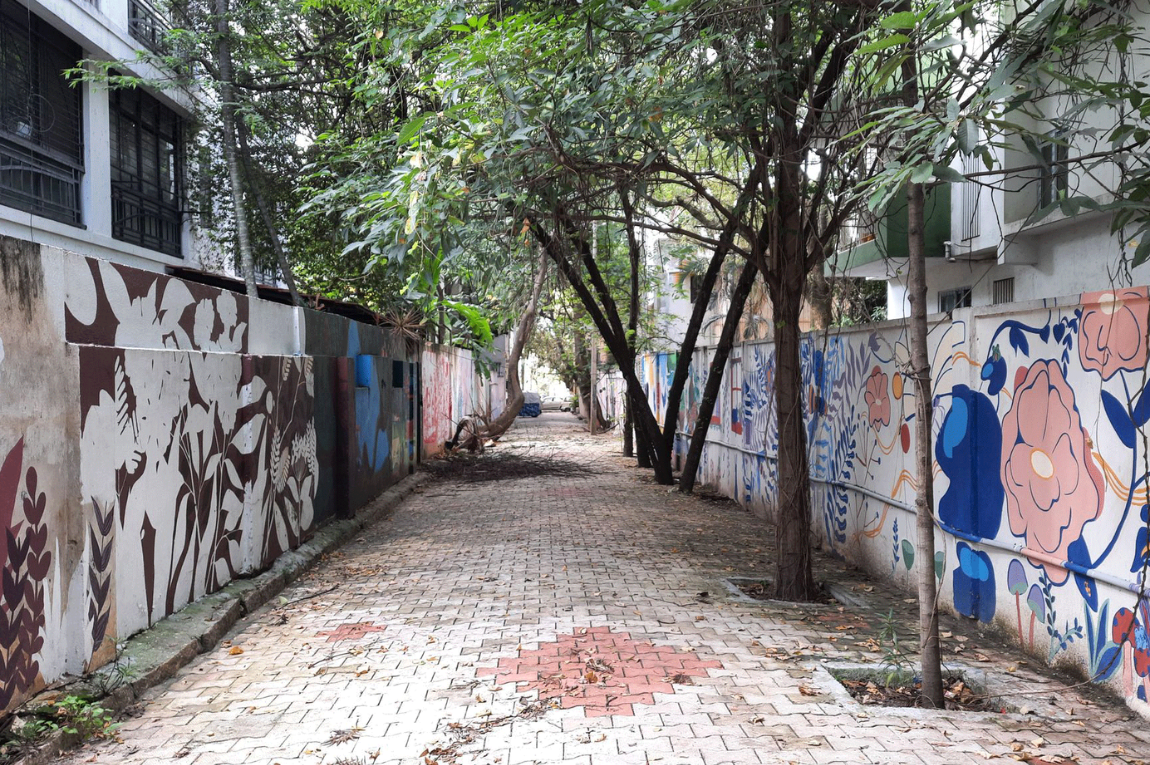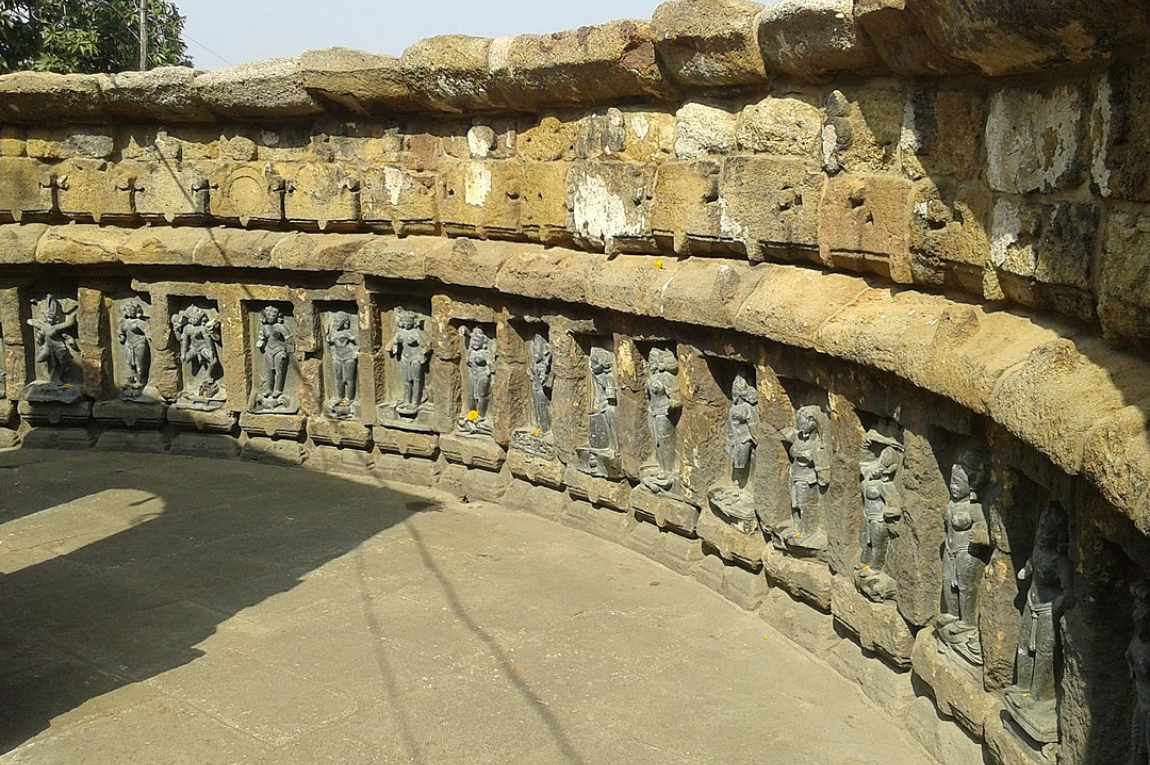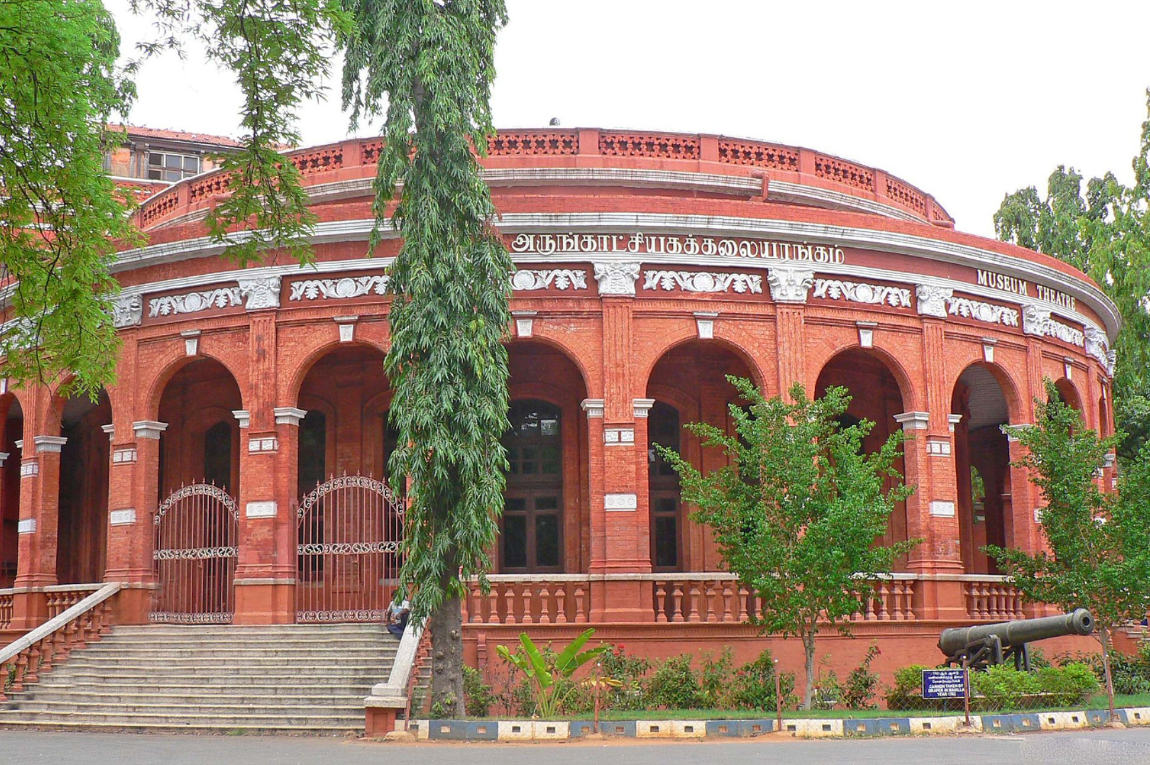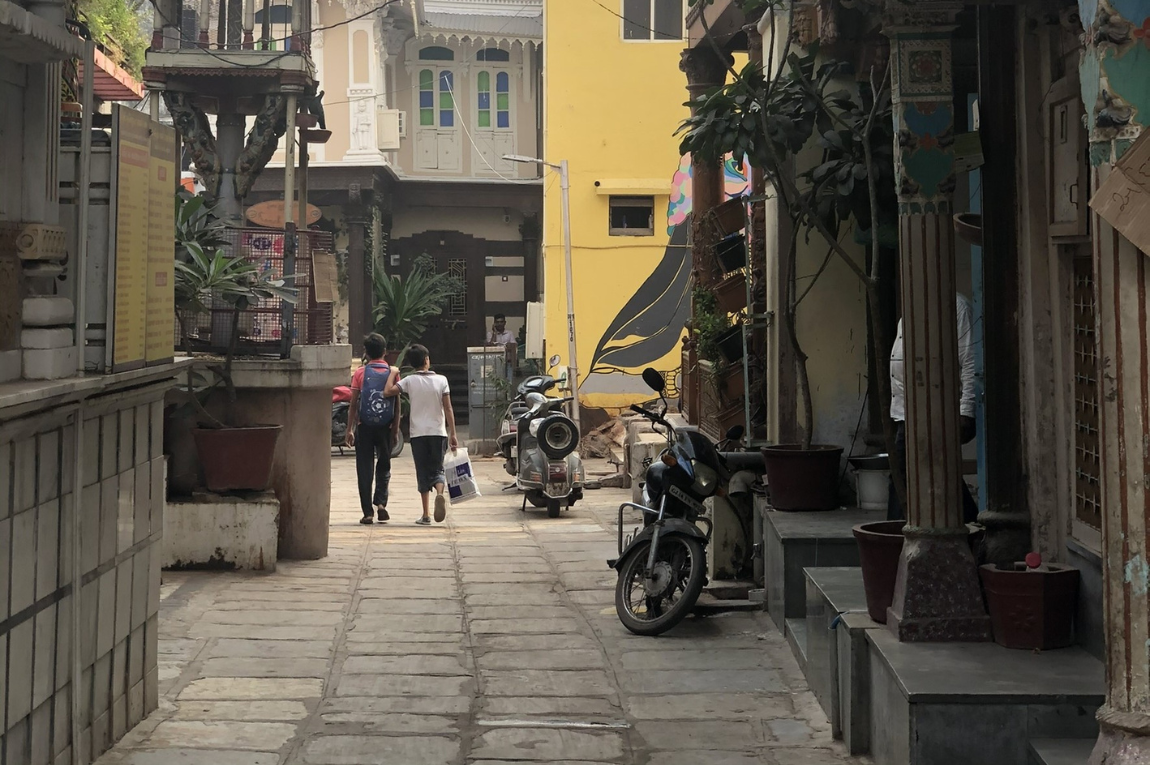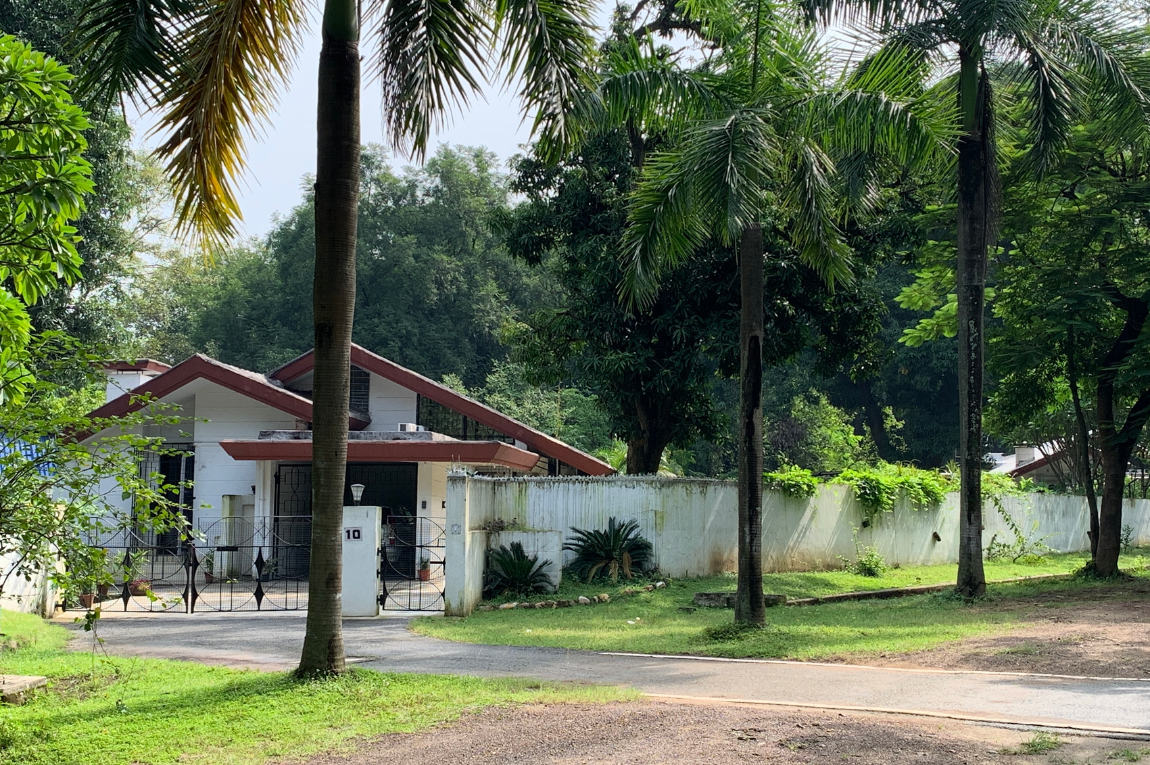What are you currently reading? Is there a work of writing you frequently revisit?
I’m reading Madhavi Menon’s Infinite Variety: A History of Desire in India. I’m just a few pages in, but it’s very well written and thought provoking.
I’ve read Barbara Tuchman’s A Distant Mirror many times — ever since I was 14 — a beloved history teacher recommended it as a summer read. The book is about the life of a French aristocrat at the time of the Black Plague. Tuchman’s books are always fascinating, as her histories offer a window not just into the past, but also help us to understand the present. And I think, for me, that is the shared purpose of much literature, history, and myth that I am drawn to — to be able to understand ourselves through the distant reflection that the past and fiction offer us.
What made you feel the need to retell the ‘Ramayana’?
I came back to India at the age of 22 in 2006, and found the Ramayana all around — for example, the Lakshman Rekha is referenced in [marketing for] cockroach repellents, in the 2G judgement, on reality shows on television. These metaphors, these myths, are still part of our cultural consciousness. And yet I’m deeply troubled by the treatment of Sita, and how deeply politicised the epic is today. Rediscovering the oral traditions of the Ramayana, the ones in which women have a voice, led to Sita’s Ramayana. And The Missing Queen again, is a response to the idea of many Ramayanas, of gender and the ideas of the state in the Ramayana — but serves this up in the form of a contemporary political thriller.
When did your deep interest in the epics come about?
As a child. I grew up mostly outside India — in Indonesia, Pakistan and Thailand. Our epics are not just Indian, they’ve travelled beyond the borders of this country, and have changed as they’ve gone on this journey. I’ve heard that ‘Lahore’ actually comes from ‘Lavapuri’ — the city of Prince Lava, Ram’s son. And that’s also what’s behind ‘Laos.’ Thailand has its own Ayodhya — Ayutthaya. Understanding these epics, the different ways they are told in, and have been adapted into, and each of these cultures, helped me evolve a more integrated sense of belonging that could span my upbringing in all of these places.
What is the kind of research that went into ‘The Prince’?
This book would have not been possible had I not received a writing fellowship from the British Council which gave me four months in the UK, based at the University of Kent. I was able to access academic journals and libraries — particularly at the School of Oriental and African Studies and the British Library — which was really helpful and necessary for getting much of the historical research done. I also spent a great deal of time travelling to the places mentioned in the epic the Silappatikaram, which The Prince is based on — Madurai, Poompuhar and Kochi (as possibly close to, or the site of, the historical Vanchi and Muziris).
I was fortunate enough to get a grant from FIND (The India-Europe Foundation for New Dialogues), which was started in the memory of Alan Danielou, one of the translators of the Silappatikaram — and that helped me spend three years researching and writing The Prince.
Do you feel vulnerable in your work?
Yes, hugely. I always feel it isn’t good enough and could be better.
Is there a book that taught you how to be yourself?
Perhaps all of the books I have read have, collectively. But one that I keep returning to is Miles Franklin’s My Brilliant Career — based on her writing journey, and the struggle it takes to be a writer. I find a lot of parallels in my own life — this is an uncertain career. But I think life teaches you that as well!
And another one I think of is Edith Wharton’s The House of Mirth. I have loved the beautiful, flawed Lily Bart [the protagonist], who struggles to survive, and I also find her inspiring — for me, by the end, she is transformed into a woman of great integrity.
You had your first book, ‘The Mahabharatha: A Child’s View’, published at the age of eleven. With whom did you share the first draft of your book then? What advice would you have for young adults wanting to get published?
I can’t remember what I did. I think everyone pretty much saw it as I was working on it. I didn’t keep it to myself, and my grandmother helped me get started writing it.
What advice do I have: yikes! This is a hard one. Although I’m very grateful to have been published, I felt very ill-equipped to deal with the publicity afterwards, and that’s still difficult for me. If you do get published, be warned — you’ll never be rid of the child-author tag, and that has its drawbacks growing up. As an adult author, I sometimes feel that my best is behind me — or that whatever I achieve now can’t quite equate to what I managed as an eleven-year-old, which can be demoralising. Also, the most important thing, if you want to be a writer, is to experience as much as possible, and empathetically engage with as many people as possible.
Is there a link between the storytelling you indulged in as a child, and your endeavour as an author today, to streamline how a child looks at things?
No — this book is for adults, so it’s very different and [offers] a very different perspective.
How do you arrange your bookshelf?
It’s a mess! I would love for someone to regularly organise it and dust it for me.
How has travel shaped your work?
That’s an interesting question. Travel often inspires me. It opens up something in my brain, like a window, that allows fresh air to come in and move ideas around so that they flow much better. I also like getting out of my comfort zone — I think that’s essential as a writer, to experience different things, perspectives, and be constantly encouraged to challenge one’s self.
Do you have any writing rituals?
No, but I am a big fan of planning, so I come up with complex plotlines usually before delving into the writing. That helps me a lot.
What happens to you once you’ve finished working on a book?
I go out and dance! (At least with the last two books.) And just after finishing those books, I have had to take up a job — writing had so depleted my finances that I eventually took up a salaried job after finishing a book, which was rather depressing! [I’m] living in the hope that someday that won’t be necessary.
